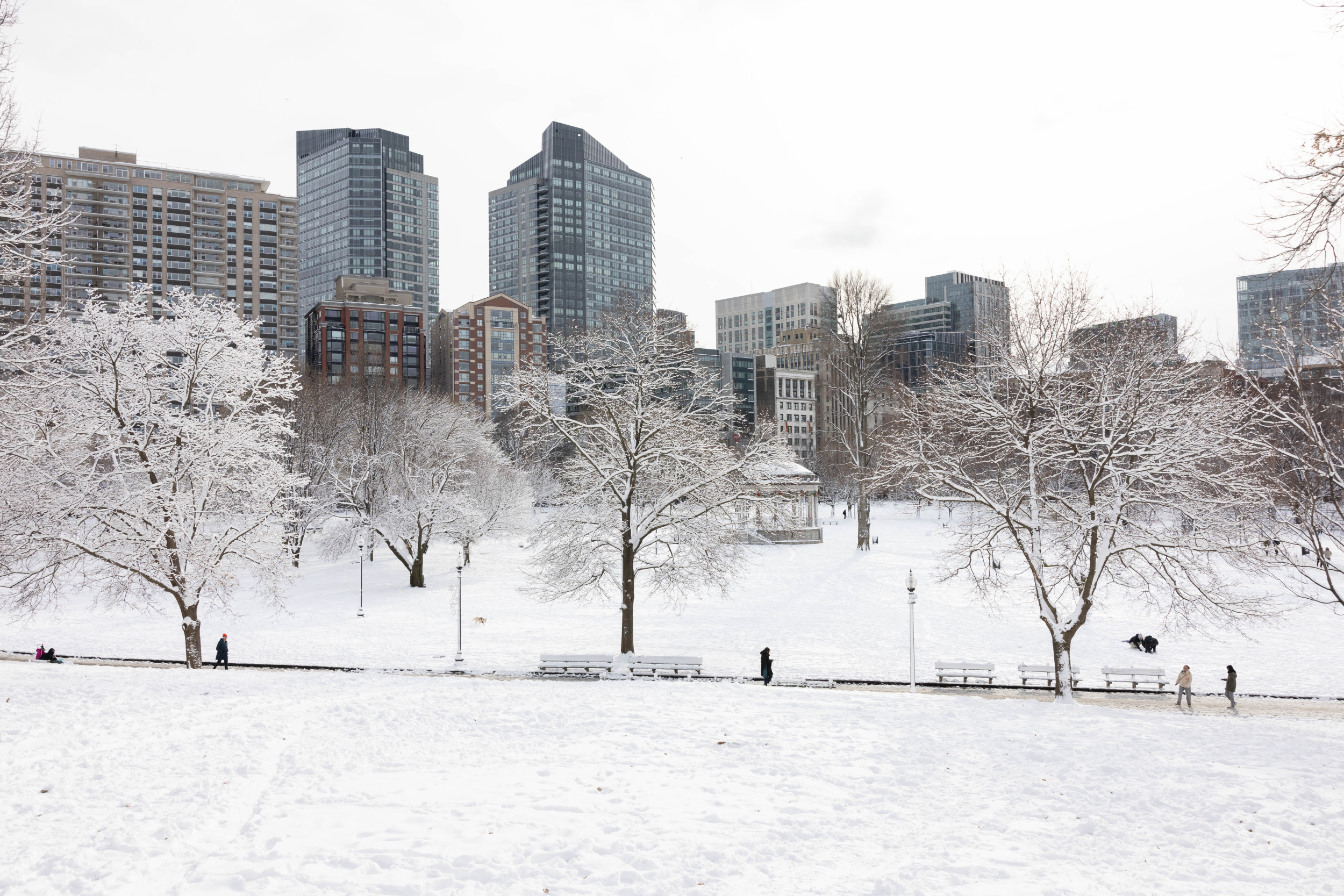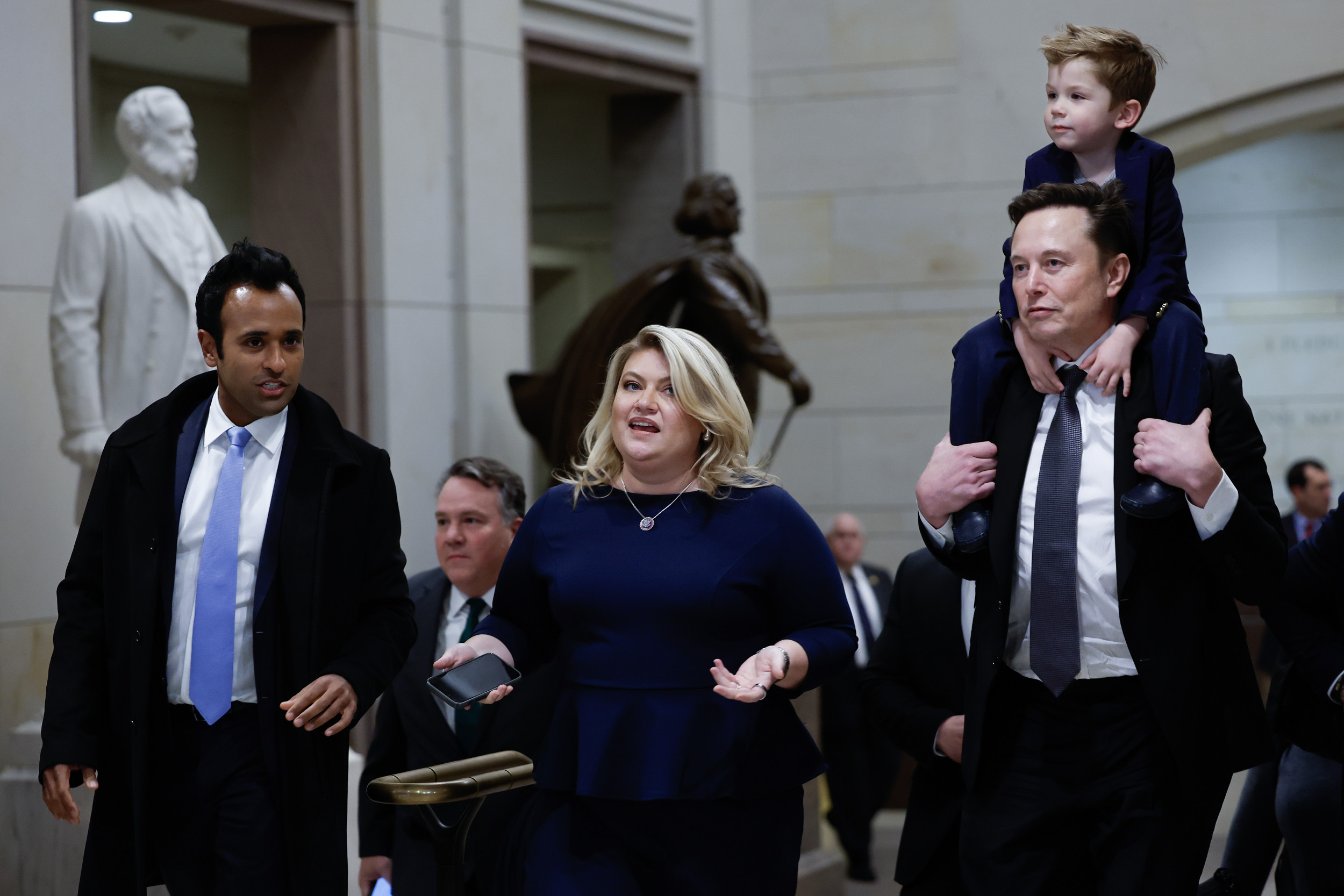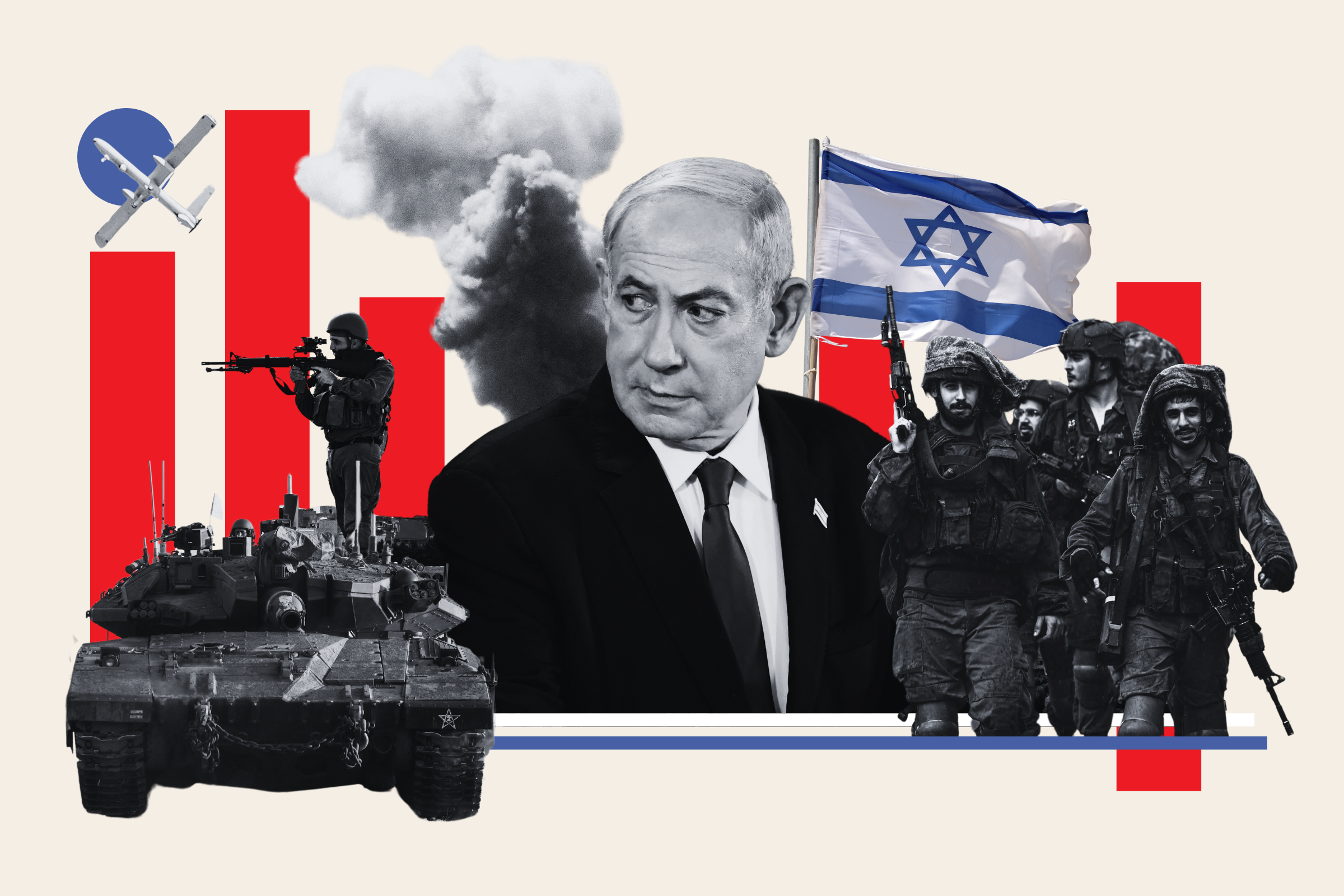South Korean President Soon Yuk Seoul is facing impeachment following his attempt to impose martial law on Tuesday.
Yoon, 63, declared the imposition of martial law to root "pro-North Korean forces and to protect the constitutional order of freedom." However, his decision was followed by mass public protests.
Following his move to impose martial law in South Korea for the first time in four decades, opposition parties have submitted a motion to impeach him, even though he lifted martial law just six hours after it was declared.
Newsweek reached out to the U.K. Embassy in South Korea for comment via email outside of business hours.

Public pressure and lack of confidence
Prior to instituting martial law, the South Korean president was facing pressure from the opposition party as they battled over next year's budget bill and the Democratic party's attempt to impeach three top prosecutors.
Yoon had also been losing the public's confidence, with his approval rating falling to 19 percent.
Both pressure from the opposition party and decreasing public favor may have influenced his decision to suddenly declare martial law.
Declaration of martial law
During a televised address announcing his imposition of martial law for the first time since the 1980s, Yoon said: "To safeguard a liberal South Korea from the threats posed by North Korea's communist forces and to eliminate anti-state elements ... I hereby declare emergency martial law."
The president also said: "Through this martial law, I will rebuild and protect the free Republic of Korea, which is falling into the depths of national ruin."
An official in Yoon's office previously spoke to Newsweek and negated the president's statement that his decision to impose martial law was linked to fears of an attack from North Korea, and said the decision was regarding domestic political issues.
Speaking anonymously, an official in Yoon's office said: "It's a mainly domestic situation. He believed he cannot run the government as usual."
The official added that Yoon "believed it's an emergency situation so he declared it. His argument is that he did it in order to preserve democracy."
Backlash from public and politicians
Yoon's decision to impose martial law drew backlash from the public and politicians, in both the opposing Democratic Party and his own conservative party, the People Power Party.
In a statement, the Democratic Party in Korea said: "President Yoon Suk Yeol's martial law declaration was a clear violation of the constitution. It didn't abide by any requirements to declare it. His martial law declaration was originally invalid and a grave violation of the constitution. It was a grave act of rebellion and provides perfect grounds for his impeachment."
Han Dong-hoon, the leader of Yoon's party People Power Party, also criticized Yoon's decision as "wrong" and pledged to "stop it with the people."
Members of the public also took to the streets to voice their dismay with the South Korean president's decision, as thousands gathered in front of the National Assembly, South Korea's parliament building, in protest.
Parliament vote down
South Korean parliament voted to veto Yoon's plan to impose martial law, and the president subsequently reversed his decision six hours after announcing it.
Impeachment motion
The impeachment motion filed against Yoon after his declaration of martial law was blocked by lawmakers, and it was signed by 190 opposition lawmakers and one independent lawmaker.
The motion was filed by the main opposition Democratic Party and five other minor opposition parties, including the Rebuilding Korea Party and Reform Party, in the afternoon on Wednesday.
Yoon's impeachment motion had no support from members of the ruling party, the People Power Party, and will be put up for a vote on Friday or Saturday.
The motion requires a two-thirds majority to pass in Parliament, with eight votes from the People Power Party needed to pass in the 300-person National Assembly.
Yoon took office in 2022 and has since had issues advancing his agenda due to the Democratic Party's control in parliament, in addition to facing criticism from his opponents after he dismissed investigations into scandals tied to his wife and high-ranking officials.




















 English (US) ·
English (US) ·